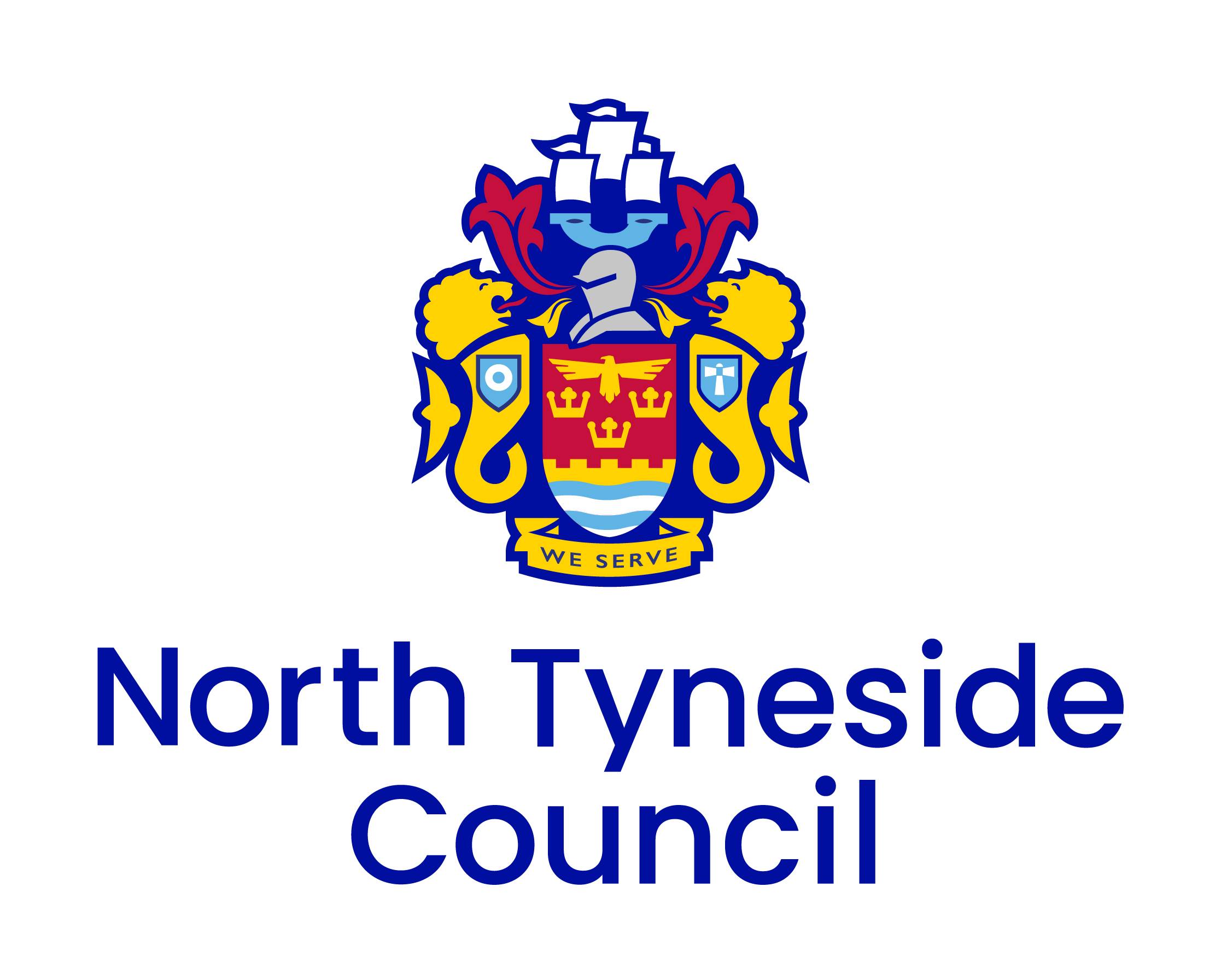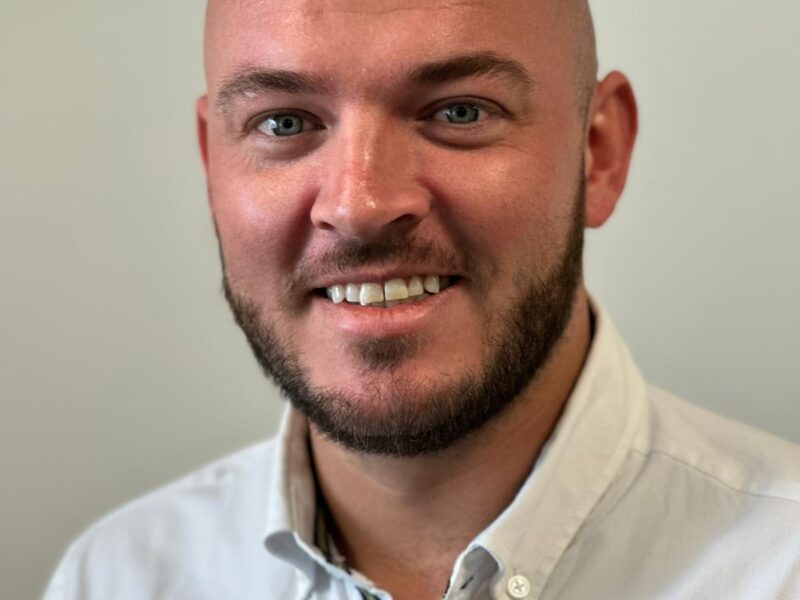North Tyneside Clinical Commissioning Group is led by 26 GP practices and covers a population of 219,954 residents. NTCCG has recently completed the Gold award for Better Health at Work and is currently working towards the continuing excellence award. NTCCG is responsible for the commissioning (planning and buying) of most health services for residents of North Tyneside.
Anne Timmins Improvement and Development Officer, one of four health advocates for the better health at work awards, took the lead on the plastic reduction and recycling scheme.
“This is a very personal issue for me and something I am very passionate about. Everybody needs to try and lessen the effect they are having on the environment no matter how small that change is it can make a difference. I have taken steps at home for example we now have our milk delivered in glass bottles from a local farm, 7.1miles away, where the whole process is done on site, so we are also reducing our food miles.
My personal challenge for 2020 is to purchase fruit and vegetables without using any plastic, harder than you think. This project was just an extension of what I was already doing at home but as an organisation we need to take some social responsibility and encourage all staff to think about their impact on the environment. We have started but there is always more that can be done. We need to find a way to recycle the ink cartridges from the printers, waste paper, remove bins from staff’s desk and have bins in central areas to recycle more.”
Climate change has made international headlines over the past year with International protest and government commitments to cut their carbon emissions. Organisations in the UK have very little guidelines or requirements around how to manage this. The adverse effects of plastics on our environment have had increasing attention over recent years, with our understanding of the impact this has on our health, starting to improve.
Plastics have infiltrated all areas of our environment, particularly our oceans where the toxic chemicals released from plastic enters our food chain and have been found in higher concentrations at higher levels in the food chain. Ingestion of these chemicals can cause a wide range of health problems including respiratory and digestive issues along with increased susceptibility to infectious diseases. Such is the magnitude of this issue, it is anticipated that by 2050 the world’s oceans will contain a greater mass of plastic than fish demonstrating the immediate need to take action for the benefit of the planet and population health.
In response to this global environmental crisis, NTCCG has committed to reducing the use of one off plastics within the organisation.
The scheme has seen the removal of plastic teaspoons, UHT milk cartons and plastic coffee sachets previously provided to visitors to the building. These have been replaced with metal teaspoons and glass jars containing fresh milk and coffee granules. For the staff working within the organisations building, a milk man has been enlisted who provides fresh milk in glass jars for the staff to use meaning milk which was previously bought in plastic bottles is no longer required. Additionally, staff have been provided with a recycling bin in the communal kitchen area for all recyclable products such as cans, tins and cardboard which are then taken offsite and recycled.
Staff were also encouraged to reduce their use of one off plastic drinking bottles and were provided with metal drinking water flasks to encourage this. This was linked to a “hydration challenge” which aimed to not only support staff to reduce their use of plastic but also to help them realise the health benefits of remaining adequately hydrated. The symptoms of dehydration have a specific impact on a person’s ability to work to their full potential.
Symptoms of dehydration include for example headache, fatigue and irritability, poor concentration levels, mental confusion, nausea and dizziness.
The challenge encouraged staff to drink at least 3-4 bottles of fluid from the 500ml water flasks they were provided with. In order to receive their flask and take part in the challenge, staff were required to sign a pledge stating that they would attempt to consume the recommended amount of fluids, agree that they would use the water flask in place of plastic bottles and commit to completing a daily record for a month which would record the amount of fluid intake that day and any benefits to health they had noted.
Thirty five staff signed up to the challenge and took the pledge. All staff involved in the scheme reported an overall benefit to their health from increasing their fluid intake. One employee fed back that “I found the hydration challenge really helped me to ensure I drank enough water throughout the day. The flask made it easier as I knew how much I had drank in relation to the recommended amount. I feel like I snacked less as a consequence of drinking more water and I definitely noticed that my skin looked clearer and my concentration improved”.
Following the success of both of these schemes the organisation is committing to supporting staff to continue increasing their hydration and reducing their use of one use plastics by fitting all taps with water filters to ensure that staff have access to filtered drinking water and signing up to a programme which will enable the organisation to recycle all ink cartridges used by the printer.
North Tyneside Clinical Commission group has been part of the better health at work award for three years and each year staff are encouraged to make changes to their work place to improve things for the better. We have been supported in our journey by Maureen Turner from Northumbria Healthcare NHS Foundation trust who has guided us, helped us identify new schemes and put us in touch with other organisations, we now mentor two organisations starting out on the scheme so we are able to reach a much wider audience.
Any employer can sign up for free to take part in the better health at work awards. For more information contact Maureen Turner, Health Improvement Practitioner Specialist, Northumbria Healthcare NHS Foundation Trust on 0191 270 4514 or visit www.betterhealthatworkne.org


